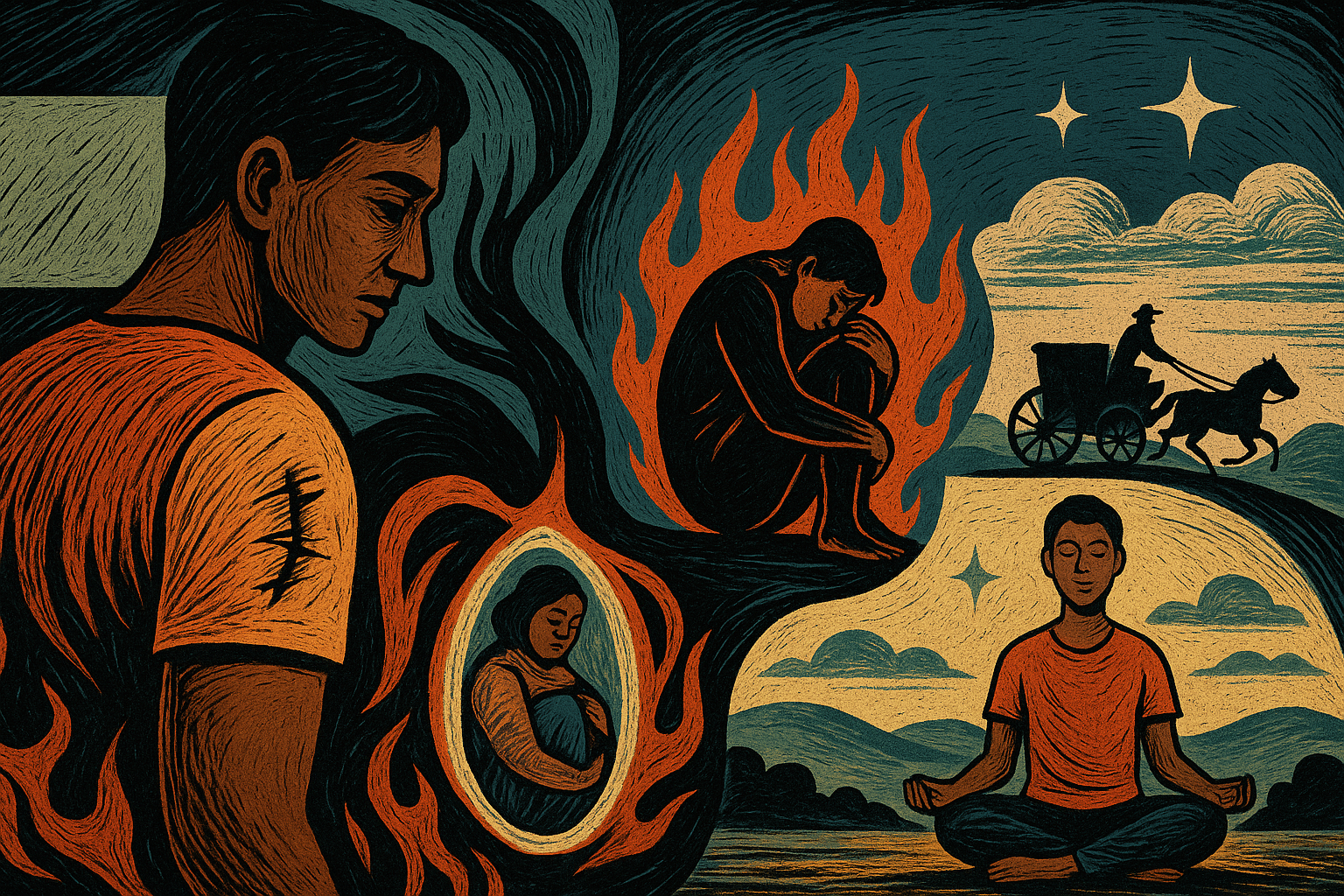READ IT TO ME: Click play to listen to this post.
“One day of practice is like one day of clean living. It doesn’t do you any good”. – Abe Lemons
One of the crazy experiences about life is that the average experience is so daily. What is average for an addict is the junkie worm blues. Addicts struggle with daydreaming about using. It’s an obsessional fantasy that feels like it never stops. It does but, the tunnel of craving makes it seem never-ending. Most addicts succumb to the junkie worm. We seldom hear about their years of lonely booking dominated by their drug of choice. There are millions of unheard stories of those who pursued their junkie worm blues into oblivion. Each author of an unheard story was an unrepeatable miracle of the universe who simply lost their way into insensibility. Most die that way.
Recovery offers an option. You don’t have to die that way. Addiction is the only prison where the locks are on the inside. Recovery is not a pathway whereby life gets easier and more forgiving. It is a way for you to become stronger and more resilient. Caring for yourself is not self-indulgent. It’s an act of survival. When craving is its strongest it is likened to a bitter cold snap in the winter. Recovery provides the warmth of the summer sun on the inside. It says that no matter how hard the junkie worm pushes against sobriety, there is within you something stronger, pushing right back that buoys you and helps you to maintain center and balance. However, it requires daily practice. Abe Lemons is right, “one day of practice doesn’t do any good”.
Consider daily practicing the following:
1. Practice the basics every day: The other day I heard an addict who was struggling to say to a group of guys who were practicing recovery, “You all speak a foreign language and are impossible to understand. I am not who you are and cannot understand why you do what you do or say what you say”. He’s right, recovering addicts practice a different language and do things far different than when they were practicing addicts. Until you decide to stop acting out and surrender to practicing recovery, the behaviors of recovering addicts won’t make any sense whatsoever.
What are the basics? Doing the 12-steps. Many recovering addicts say they did the steps. But, doing the steps is a lifetime endeavor, not a one-and-done. It doesn’t mean you need to fill out someone’s workbook forever! It does mean that you skillfully assess your life on a daily basis with the 12-steps as a tool for intervention. The 12-steps become a lifestyle, not a goal to complete.
The basics include going to meetings and reaching out to other recovering addicts. Addicts stuck in relapse or who haven’t relapsed but who are stuck in victim posture, fail to reach out. They talk about their phone weighing 500 lbs, and they complain about wherever they are stuck, and don’t go to meetings or connect with others outside the meeting. Eventually, they complain that the 12-step meetings don’t work. Like medicine prescribed by the physician, when you don’t take the med, strangely it doesn’t work and symptoms remain the same!
2. Empower yourself with a deep belief in who you are. It’s not about what you do but who you are. Many addicts believe that they can create successful outcomes and they do! But, doing more never covers up for feeling less. As an addict, you must be willing to go deep down within and face your insecurities, shortcomings, and what you don’t like about yourself. Embrace and believe in who you are. Most addicts deeply believe that if you know what I know about me you would reject me. Ultimately, managing the junkie worm will require that you practice deeply believing in who you are, not what you can do!
3. Anchor yourself with others who believe in you. None of us do recovery in isolation. An early church father, St. John of the Cross, once said “A lone coal outside of the fire soon grows cold”. The fire inside that fuels recovery must be fed by those who believe in who they are. Included are other addicts, loved ones, and those who have gone before you. You must create a grandstand of support from those who deeply believe in who you are. You can access your forefathers, not only those who have passed on who have known you but also those who have inspired you through their writings or lives lived that you have read about. Put all of them in the grandstand of those cheering and believing in who you are.
While practice does not make perfect, it does create the fuel for an addict to progress through the junkie worm blues.





